By: Syed Shayan
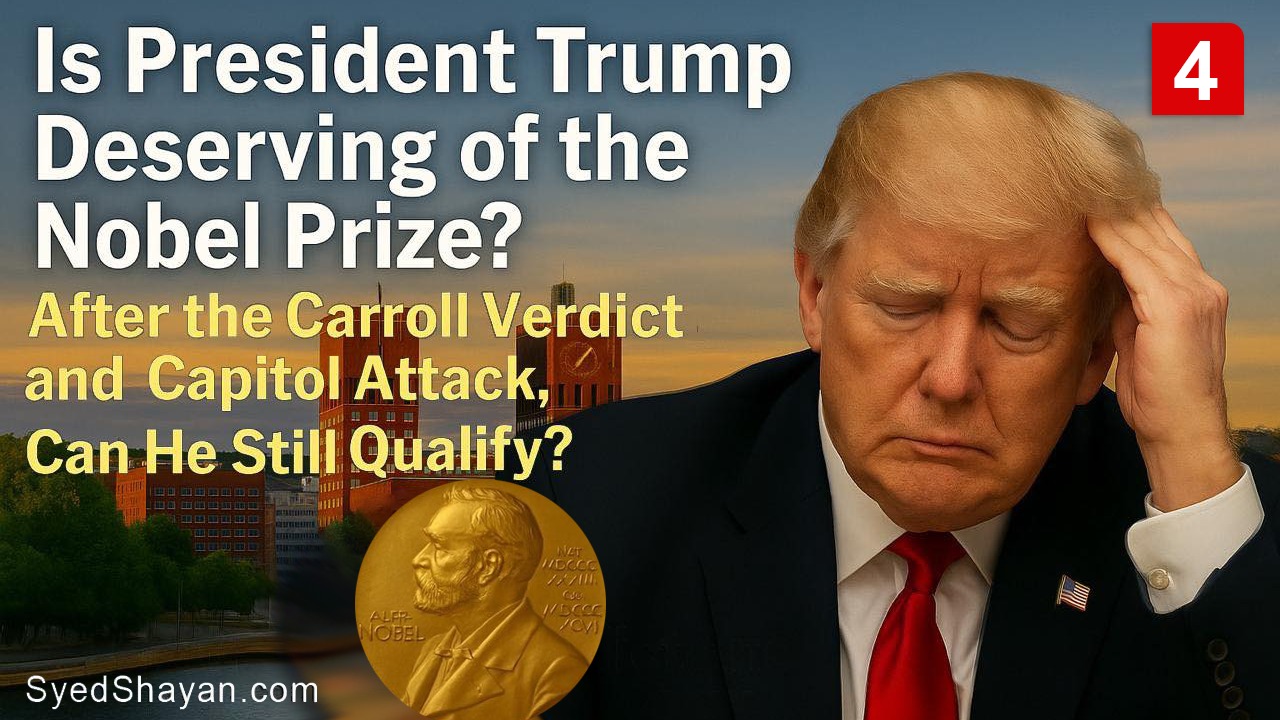
English Version Stats: 2 hr 54 min total reading time by 37 readers
[Urdu version metrics tracked separately]
The Final Chapter: Four Grave Allegations Blocking Trump’s Path to a Nobel Prize
The Final Chapter: Four Grave Allegations Blocking Trump’s Path to a Nobel Prize
When Pakistan’s government and Army Chief General Asim Munir nominated President Donald Trump for the Nobel Peace Prize, did they reflect on his earlier nomination during his first term (2017–2021)? At that time, Trump was overlooked for the award, primarily due to his polarizing policy of separating migrant children from their parents at the U.S.-Mexico border. This measure was widely denounced as a human rights violation by the United Nations, global organizations, and even members of the Nobel Committee. One committee member bluntly stated, “Why would we award the Nobel to someone with such a policy?” The Nobel Peace Prize demands moral integrity, a pristine reputation, and a commitment to humanity—qualities repeatedly questioned in Trump’s case.
This fourth and final installment examines four grave allegations and legal barriers that cast serious doubt on Trump’s eligibility to be a global emblem of peace.
1. Sexual Abuse Verdict and a $5 Million Penalty
In June 2025, a U.S. court ordered President Trump to pay $5 million in damages in a case that has significantly tarnished his global image. E. Jean Carroll, a renowned American journalist and former advice columnist for Elle magazine, accused Trump of sexually assaulting her in a New York department store fitting room in 1996, when he was a prominent businessman. In her 2019 book, What Do We Need Men For?: A Modest Proposal, Carroll detailed the alleged assault, leading her to file lawsuits against Trump for sexual abuse and defamation.
In May 2023, a New York jury determined that while Trump did not commit rape under the legal definition, he was liable for sexual abuse, including forcibly touching Carroll and placing his hands inside her clothing. The court mandated a $5 million payment for the assault and subsequent defamatory statements. Upheld through appeals in December 2024 and June 2025, this verdict has severely damaged Trump’s character and credibility, posing a formidable obstacle to his Nobel candidacy.
2. The Capitol Riot: An Assault on Democracy
On January 6, 2021, a violent mob stormed the U.S. Capitol as lawmakers certified President Joe Biden’s electoral victory. Incited by Trump’s persistent claims of a “stolen election” and provocative rhetoric, the attack resulted in five deaths, dozens of injured police officers, and extensive damage to the Capitol. Widely regarded as an attack on American democracy, the incident prompted the House of Representatives to impeach Trump for a second time, charging him with “incitement to insurrection.”
This unprecedented event not only eroded Trump’s domestic standing but also diminished his global credibility, making his pursuit of the Nobel Peace Prize highly controversial.
3. Gaza Policy: Endorsing Israeli Aggression
Trump’s foreign policy, particularly regarding Gaza, has drawn intense scrutiny. His administration not only remained silent on Israeli actions but also unilaterally recognized Jerusalem as Israel’s capital, a decision widely seen as inflaming Palestinian grievances. Rather than supporting ceasefire initiatives, Trump’s policies offered unwavering backing to Israel, exacerbating a humanitarian catastrophe in Gaza.
Recent data reports over 56,000 Palestinian deaths, including many women and children, with more than 132,000 injured. Ninety-two percent of residential buildings have been destroyed, either partially or entirely. The United Nations and international bodies have labeled the devastation a potential war crime and a severe breach of human rights. Trump’s unequivocal support for Israel and silence on Gaza’s suffering raise profound doubts about his suitability for a peace prize.
4. Alleged Airstrikes on Iran’s Nuclear Facilities
In June 2025, shortly after Pakistan’s nomination of Trump for the Nobel Peace Prize, reports emerged that the U.S. had conducted airstrikes on alleged nuclear facilities between Iran and Iraq. Though details remain unclear, the prospect of targeting nuclear sites sparked global concern. Experts warn that such strikes could unleash radioactive fallout, with catastrophic consequences not only for Iran and Iraq but also for neighboring nations like Turkey, Afghanistan, Pakistan, and the Gulf states. Contaminated water supplies, uninhabitable land, and widespread ecological damage could impact millions.
How can a leader who risks such a calamity be considered for a peace prize? Unilateral military actions without international consultation endanger humanity and undermine the principles of peace central to the Nobel’s mission.
A Legacy at Odds with Nobel’s Vision
The Nobel Peace Prize, as envisioned in Alfred Nobel’s 1895 will, honors those who promote “fraternity between nations,” reduce military forces, and advance peace congresses. Nominating a leader accused of fueling conflicts, escalating nuclear risks, and prioritizing military might over diplomacy contradicts this vision. Such a nomination risks undermining the Nobel Prize’s core philosophy, suggesting that power equates to peace.
4

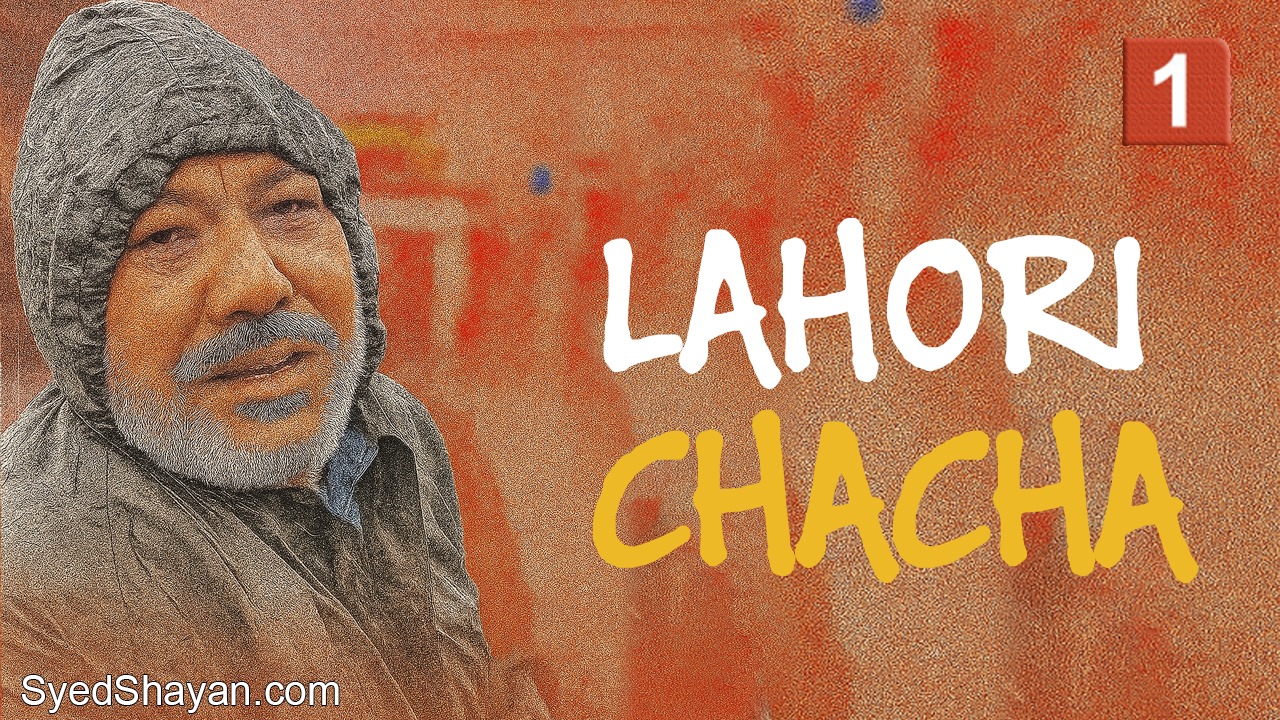
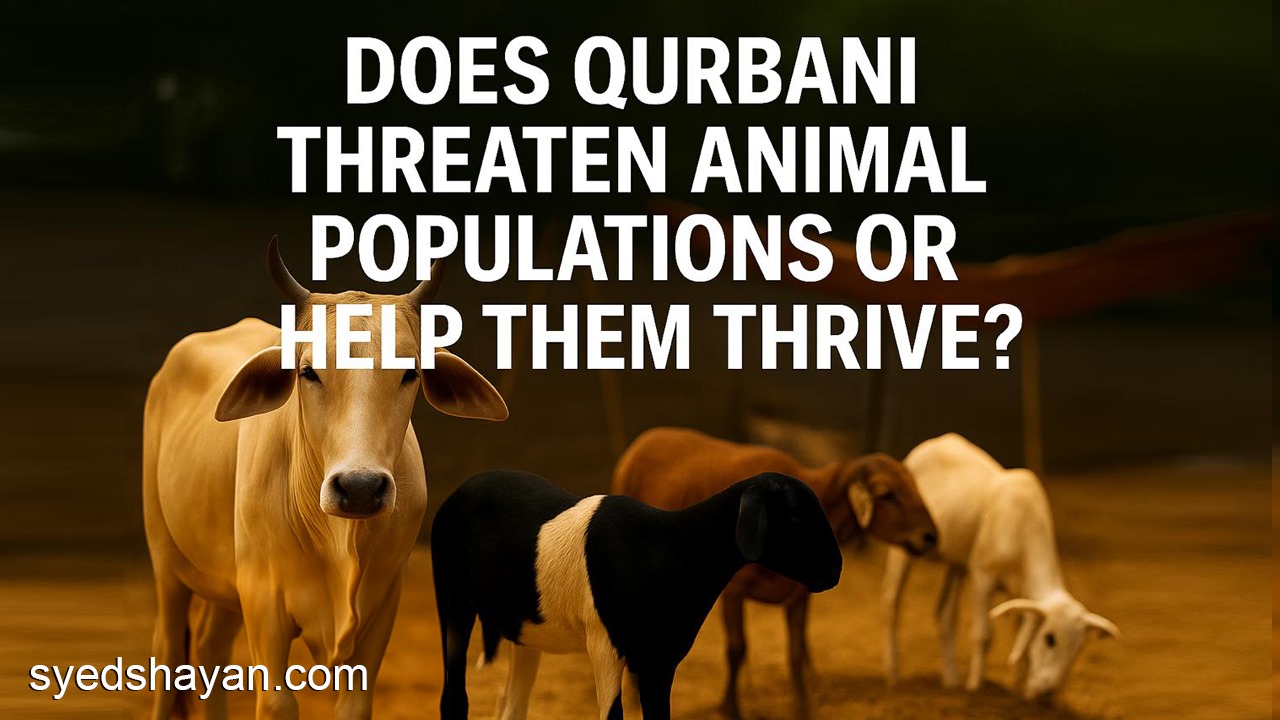
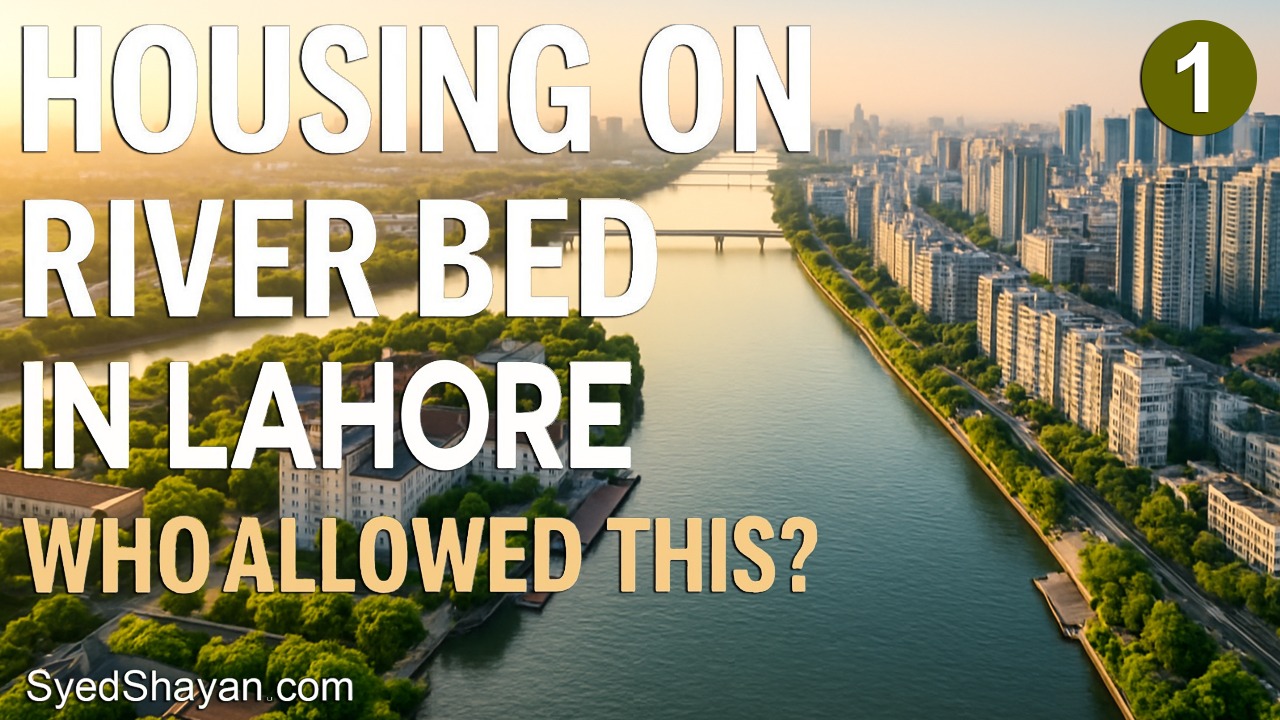


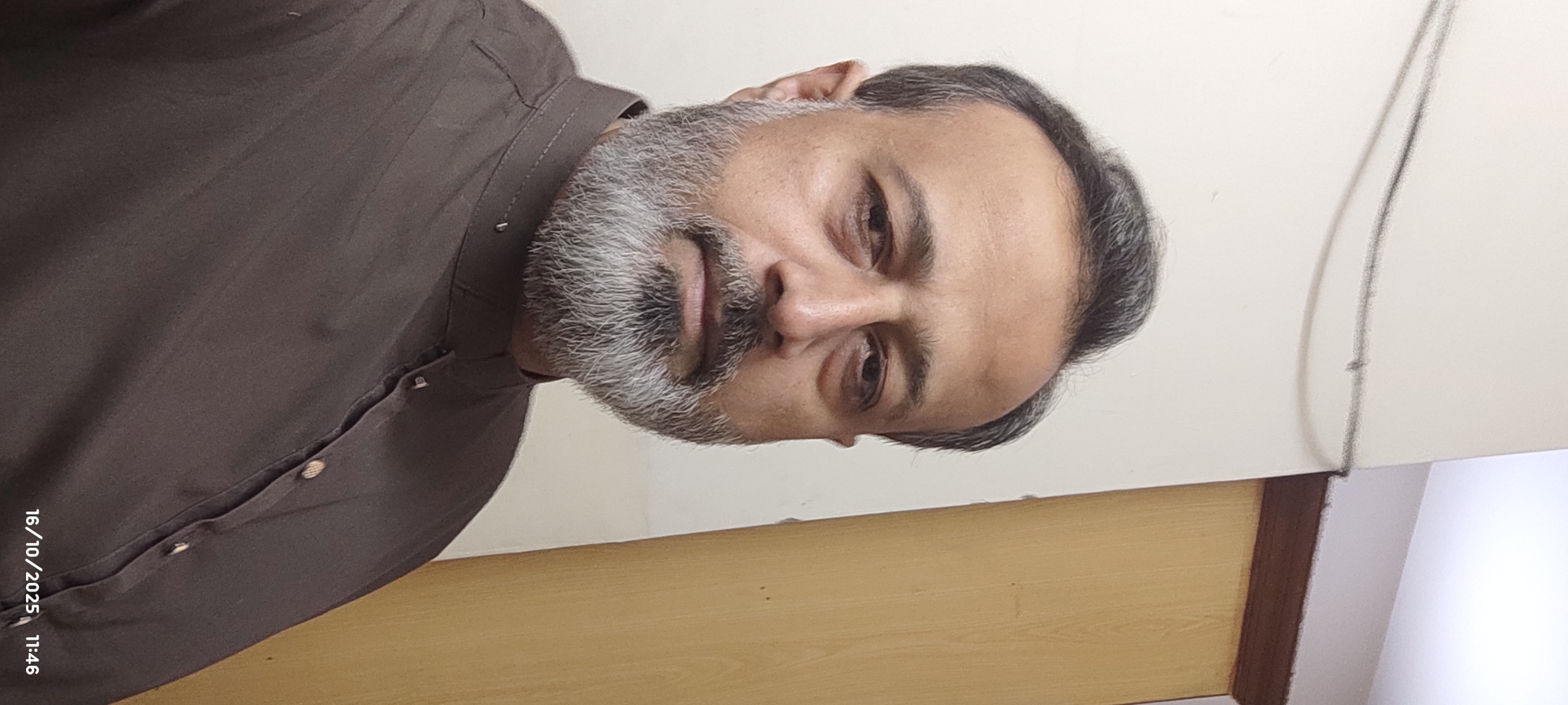








0 Comment
37 Views